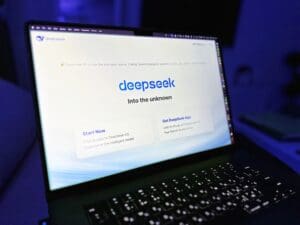For 20 years a small two person firm in Ohio has licensed their TCP/IP software stack for use in embedded systems and IoT devices – from printers to medical devices. In June a collection of 19 vulnerabilities in this software was disclosed – affecting millions of devices from 50 different vendors.
The collection of vulnerabilities is known as Ripple20 due to the supply chain ripple effect of this widely used code. The supply chain for IoT devices is complex with many end users or vendors unaware of precisely the components and software elements that have gone into their devices. Large vendors have identified where the Treck TCP/IP stack is used in their devices (and this includes the likes of Cisco, HP, EMC, Broadcom, NVIDIA, Caterpillar, Intel and Dell) – with many smaller vendors unaware (or even now out of business).
According to the report’s authors:
The interesting thing about Ripple20 is the incredible extent of its impact, magnified by the supply chain factor. The wide-spread dissemination of the software library (and its internal vulnerabilities) was a natural consequence of the supply chain “ripple-effect”. A single vulnerable component, though it may be relatively small in and of itself, can ripple outward to impact a wide range of industries, applications, companies, and people.
Ripple20 reached critical IoT devices from a wide range of fields, involving a diverse group of vendors. Affected vendors range from one-person boutique shops to Fortune 500 multinational corporations, including HP, Schneider Electric, Intel, Rockwell Automation, Caterpillar, Baxter, as well as many other major international vendors suspected of being of vulnerable in medical, transportation, industrial control, enterprise, energy (oil/gas), telecom, retail and commerce, and other industries.
Four of the 19 vulnerabilities identified in the report by security firm JSOF are rated as critical – enabling remote code execution. Because the vulnerabilities exist in the low level TCP/IP stack it is possible for devices behind a NAT firewall to be successfully attacked – one of the vulnerabilities is in the DNS handler for example.
According to research from Forescout, the worst affected industry could well be Healthcare with the Treck TCP/IP code included in many medical devices such as insulin pumps.
This incident highlights the risks and complexities of using third party code libraries and the importance of detailed inventory tracking within the software supply chain. Third Party libraries are widely used in modern software systems – no-developer wants to re-invent the wheel all the time. As a security manager, do you know where to find the list of the versions of every third-party library that has been incorporated into any software running on your network?



















“We were very impressed with the service, I will say, the vulnerability found was one our previous organisation had not picked up, which does make you wonder if anything else was missed.”
Aim Ltd Chief Technology Officer (CTO)